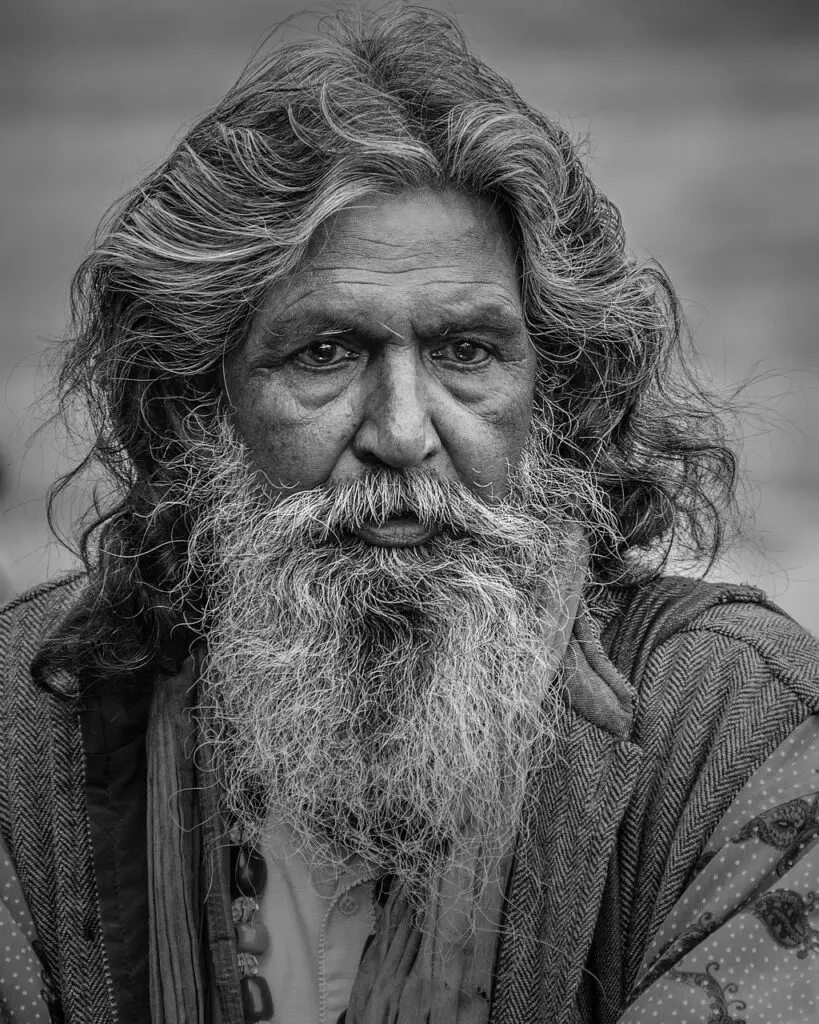-
Meet the Professor: Dr. Stephanie Wilson, Sociologist, Educator, and Co-founder of Applied Worldwide
Stephanie: Sociologist, Creator, Researcher 2. As a co-founder of Applied Worldwide, could you briefly explain the organization’s mission? Stephanie: Our mission is to build a bridge between the discipline of sociology and everyday life to improve the well-being of society. As a sociologist, I see endless ways that sociological knowledge could benefit society, but our…
-
THE COMPARATIVE METHOD IN SOCIAL ANTHROPOLOGY
The purpose of comparative method in social anthropology is to study varieties of form of social life and to understand human social phenomena. Franz Boas delineated two methods in the study of anthropology. First, was to reconstruct the history which means to understand the past and reconstructing theories in present. Second, was comparison of social…
-
Interview with Assistant Professor Katie Durante, University of Utah, Department of Sociology
1. If you had to describe yourself in three words, what would they be? Integrity, light-hearted, responsible 2. Can you discuss some of your key findings regarding racial and ethnic inequality in the criminal legal system and how it has evolved over the years? One of the areas of research I focus on is racial…
-
Interview with Dr. Christina Jackson: Insights into Sociology, Activism, and the Journey Ahead
Short Bio: Dr. Christina Jackson, an Associate Professor of Sociology at Stockton University, specializes in urban sociology, social welfare, and inequality from sociological and public health perspectives. Beyond academia, she’s an engaged scholar-activist, facilitating and consulting with community partners and creative groups on topics like anti-violence, gentrification, housing, food justice, and racial justice. She’s co-authored…
-
How To Apply Sociology In Everyday Life: Explained Real Examples
Sociology is the study of society through many theoretical perspectives. The most important lesson of sociology is that society is not an external object to be studied. Instead, all of us are active members of society and constantly influence it. Thus, sociology can be applied in everyday life by all members of society. This article…
-
Interpretive Sociology: Meaning, Explanation and Overview
Interpretive sociology was developed by Max Weber. Georg Simmel acquaintance of Max Weber was an important developer of interpretive sociology. It focuses on the meaningful understanding of human behavior which has interrelations and regularities. It studies how human groups actively formulate the reality of their everyday lives through the meaning they give to their actions….
-
What kind of jobs can you get with a sociology degree
Obviously completing something could be a very satisfying and relief giving experience for one, but turns out to be a horrible and emotional moment when it comes to completing one’s schooling and gets even worse when you don’t even know what to do next. With thousands of options served in front of you, choosing sociology…
-
Collective Conscience: Meaning, Theories, Examples and Overview
The collective conscience is usually a term or idea or belief or moral attitudes in the society. Therefore, it is a collection of common ideas, believes strengthen our group, family or the society to bring together for a particular aim. Generally, in this era, this term contributes much collective goodness, affection, faith, and more. The…
-
DISCOURSE: In Relation To Postmodernism And Foucault’s Theory On Discourse
In simplest terms, discourse is to speak about something (course or matter) which makes sense. It’s a language to express one’s own ideas and opinions through whichever medium possible. That is either verbally (oral communication), or non- verbally which includes sign languages (semantics). Discourse can be defined as “a dynamic form of social practice which…
-
Colonialism: Meaning, History, Types, and Evolution
What is colonialism? It is a sort of domination policy through which a political party/ power of one territory or area, by force, tries to establish its own colony in another territory. Once the colony is set up, then the party seeks to expand its magnitude. But in order to prevent the colony from collapsing,…
Follow us On Instagram @sociology_official
Show off your social photography skills! Share your most engaging shots on our Instagram and let the world see your unique perspective.







Leroy_Skalstad


